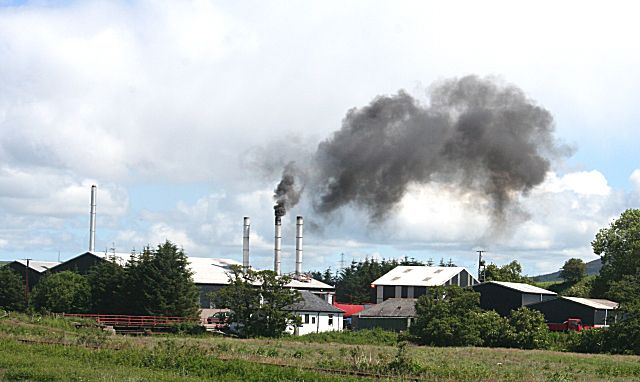-
 Induction
Induction
-
 Gamma ray
Gamma ray
-
 Alum
Alum
-
 Einstein's box
Einstein's box
-
 Vibrio cholerae
Vibrio cholerae
-
 Inclination
Inclination
-
 Rate monitoring
Rate monitoring
-
 Gaia
Gaia
-
 EUMETSAT
EUMETSAT
-
 Snoring
Snoring
-
 Paleomagnetism
Paleomagnetism
-
 Supercooling
Supercooling
-
 Phonolite
Phonolite
-
 BaBar
BaBar
-
 Mammography
Mammography
-
 Allochemical
Allochemical
-
 Garden strawberry
Garden strawberry
-
 Amylopectin
Amylopectin
-
 Exudation
Exudation
-
 Monocotyledon
Monocotyledon
-
 Horizontal coordinates of a direction
Horizontal coordinates of a direction
-
 Möbius strip
Möbius strip
-
 ROT-13
ROT-13
-
 Low consumption home
Low consumption home
-
 AMP
AMP
-
 Casimir effect
Casimir effect
-
 Plain text
Plain text
-
 Demersal
Demersal
-
 Phytotoxic
Phytotoxic
-
 Scrolling
Scrolling
Black smoke
Black smoke is a type of pollution produced by burning coal and oil, especially in diesel engines.
Black smoke is composed of carbon micro-particles of a diameter of less than 2.5 micrometers. These particles are so fine that they are not induced to settle through gravity and therefore remain suspended in the air for a long time. They also deeply penetrate the lungs, reaching the pulmonary alveoli.
In addition, these particles are often associated with other pollutants, such as polycyclic aromatic hydrocarbons (PAHs) or sulphur dioxide (SO2). These particles are condensation nuclei that adsorb different pollutants and facilitate their absorption by the respiratory tract.
Black smoke is therefore very toxic to human health and can have carcinogenic or mutagenic effects. Current regulations are increasingly addressing this type of smoke and other particles, through the implementation of measurement and emission reduction systems and exposure limit thresholds.
 Black smoke coming out of incinerator smokestacks. © Anne Burgess, Geograph CC by-sa 2.0
Black smoke coming out of incinerator smokestacks. © Anne Burgess, Geograph CC by-sa 2.0
Latest
Fill out my online form.



